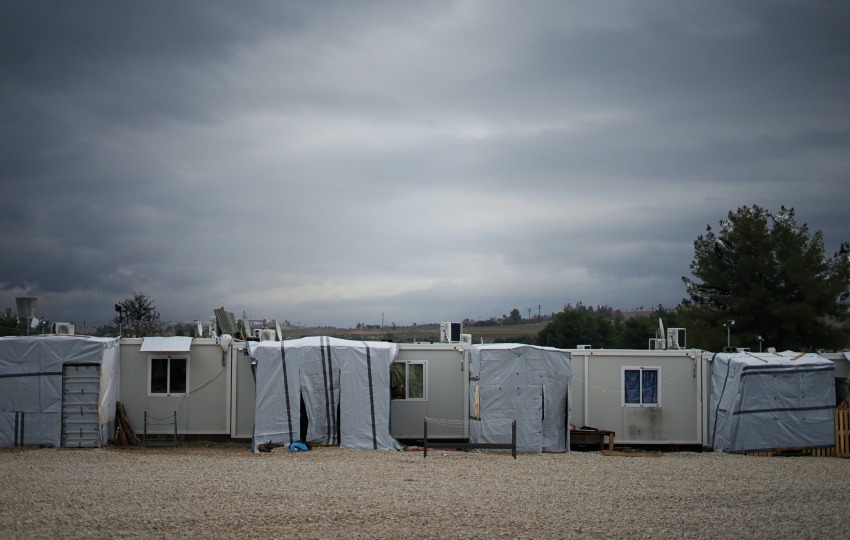The socio-economic integration of refugees is high on the EU agenda. The recent influx of refugees to Europe is the largest population movement after World War II. This, combined with the increasing anti-refugee and anti-migration rhetoric, creates a delicate situation in some EU countries.
As a result, national investments for integrating third-country nationals (TCNs) will potentially decrease. Thus, EU funding is a crucial resource for the continuation of integration activities of TCNs in the EU.
EU Funding
There is some excellent news on the front of the socio-economic integration of TCNs in the European Union. The next Multiannual Financial Framework (MFF) for 2021 – 2027 agreed to provide €88 bn to the European Social Fund Plus (ESF+). Additionally, the Asylum and Migration Fund (AMF) will receive EUR 10.4 billion.
The European Social Fund Plus
This is the first time that the ESF+ has set the socio-economic integration of TCNs and marginalized communities a priority. Specifically, the commission aims to promote a mainstream approach to refugees and migrant’s integration. It would allow their broader social inclusion to benefit from social policy measures that were usually excluded from. The Ministries of Social Affairs of the EU states will be responsible for developing their plans, and in turn, they will be financed from ESF+.
The Asylum and Migration Fund
On the other hand, the AMF will have a more supportive role in the whole effort. With a significantly increased budget from 2014, it will have three main objectives. Firstly, to create a unified and develop further Common European Asylum System. Secondly, to support legal migration in the Schengen area, along with socio-economic integration efforts. Thirdly, to regulate irregular migration and help further the effectiveness of TCNs return to their home countries.
Other EU Funding Programs
Except for the aforementioned main instruments for the socio-economic integration of TCNs, there are also other supporting EU funding programs.
There is the European Regional Development Fund (ERDF) that is responsible for financing investments in housing facilities and other social infrastructures.
Erasmus+ will continue its inclusion efforts of young TCNs or other disadvantaged groups with training such as VET and informal or non-formal learning and others.
Lastly, the Rights and Values Fund will finance local or national civil society organizations that strive for democratic and inclusive societies.
IntegrAction Project
The existing funding opportunities create a fruitful ground for developing refugee and asylum seekers’ socio-economic integration projects. IntegrAction project is elaborated by ANOLF Marche in collaboration with KMOP (GR), iED (GR), Learnmera (FI), and Job4Refugees (DE), to promote the social and economic inclusion of the refugees and asylum seekers (project target) in the local context of reception.
To learn more about the project, click here.

